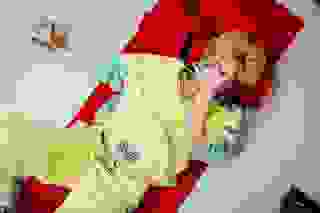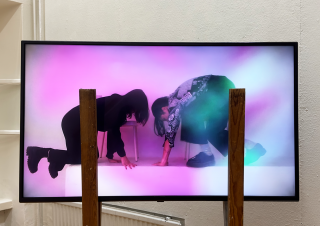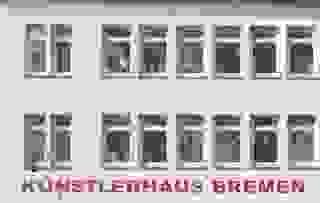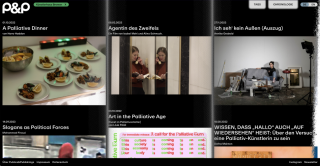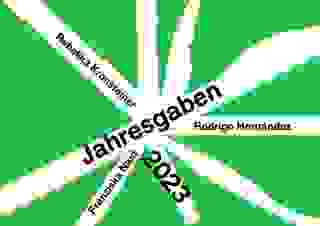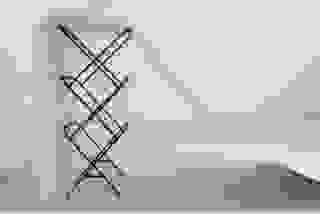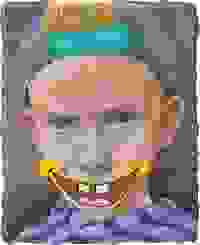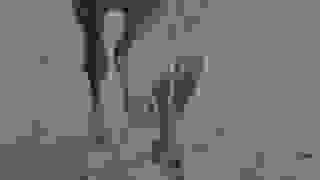 Galerie
GalerieReproductive Matters
Lucy Beech, Zuzanna Czebatul, Julia Lübbecke, Ana Navas, Daniel Poller15.06.–18.08.24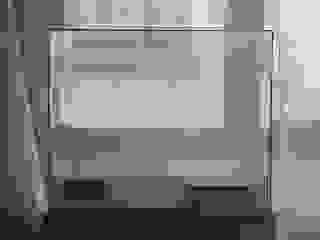 Galerie
GalerieFilmscreening: Explosions Near the Museum
Yarema Malashchuk und Roman Khimei25.05.–26.05.24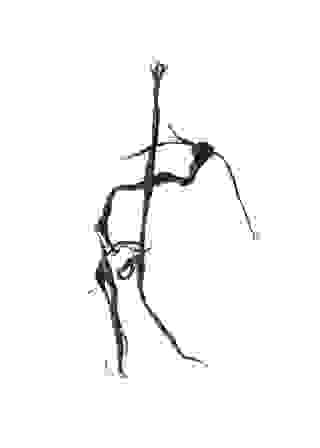 VeranstaltungenAteliers
VeranstaltungenAteliersOffene Ateliers Bremen Neustadt 2024
04.05.24 / 11–18 Uhr
-
Künstler:innenhaus Bremen:
Neuer Name, neues Logo, neue Website
•Künstler:innenhaus Bremen:
Neuer Name, neues Logo, neue Website
•Künstler:innenhaus Bremen:
Neuer Name, neues Logo, neue Website
•Künstler:innenhaus Bremen:
Neuer Name, neues Logo, neue Website
•Künstler:innenhaus Bremen:
Neuer Name, neues Logo, neue Website
•Künstler:innenhaus Bremen:
Neuer Name, neues Logo, neue Website
•Künstler:innenhaus Bremen:
Neuer Name, neues Logo, neue Website
•
